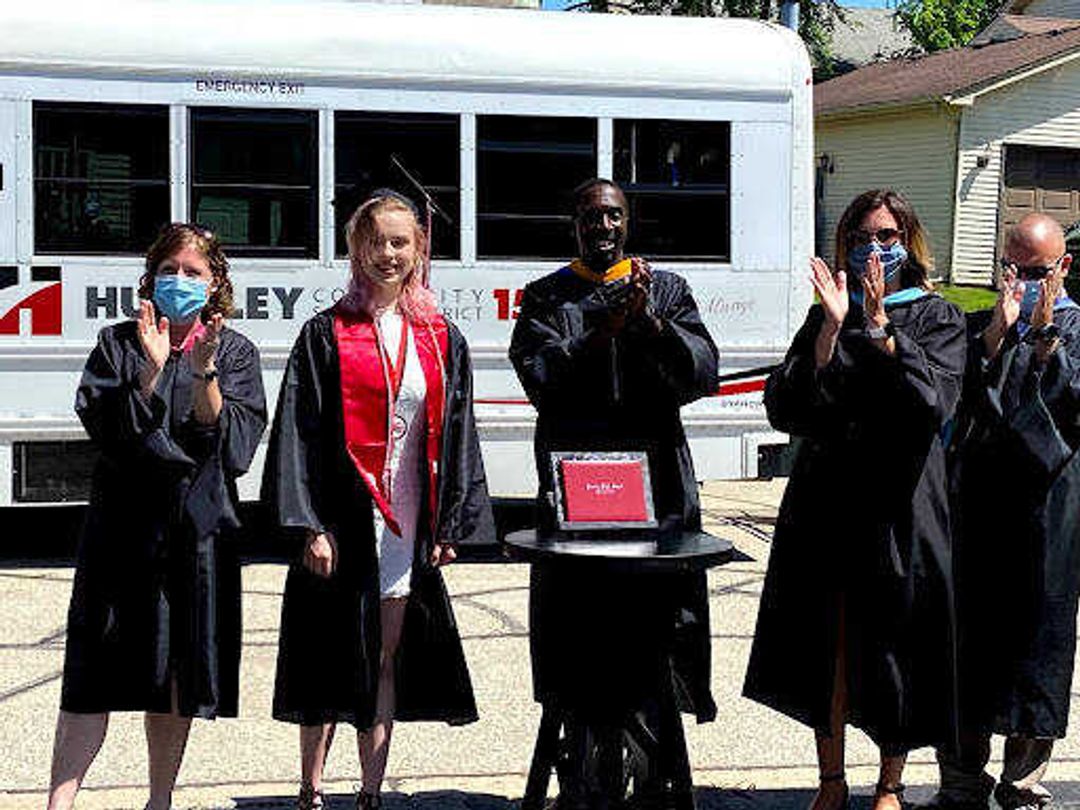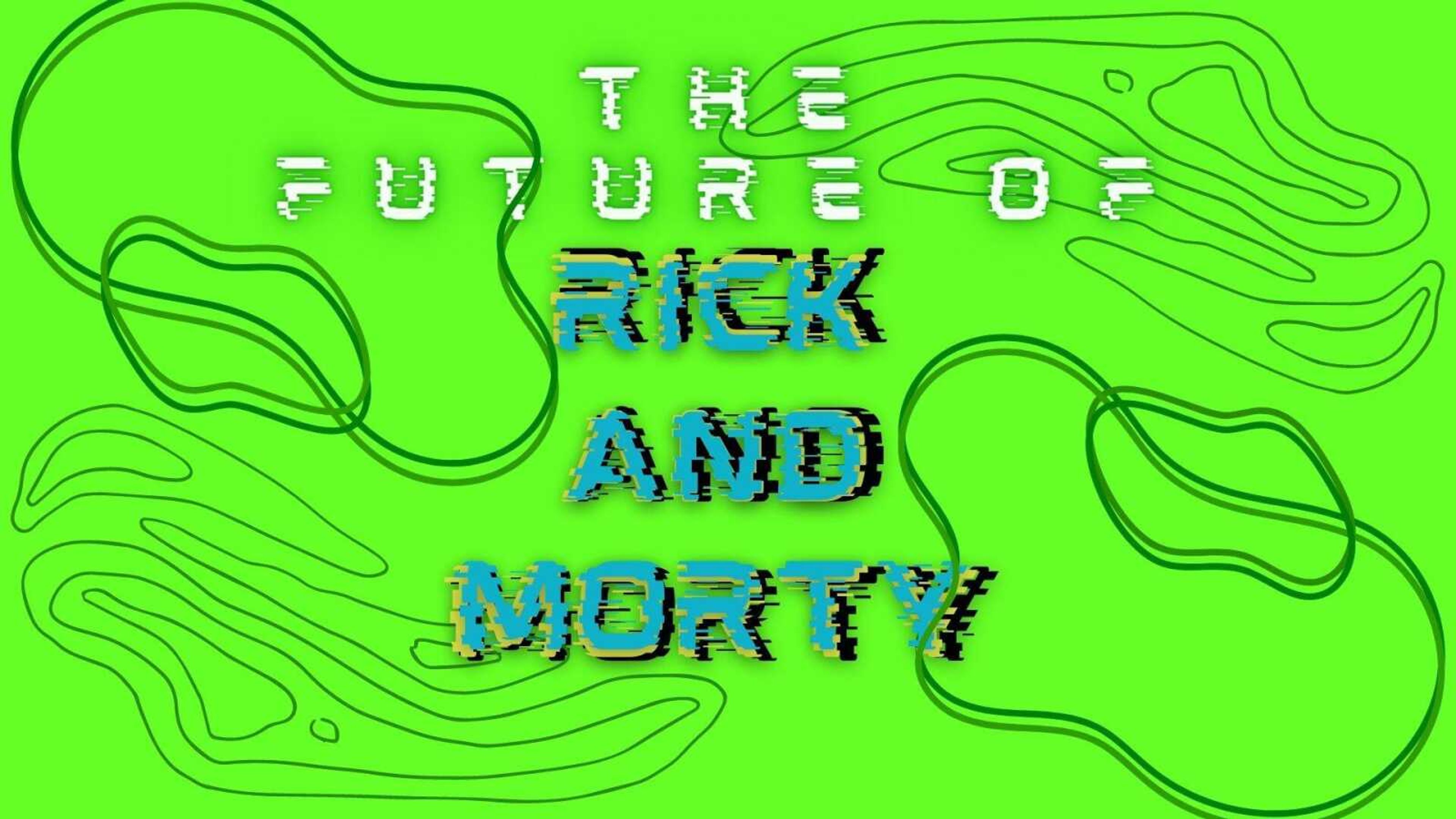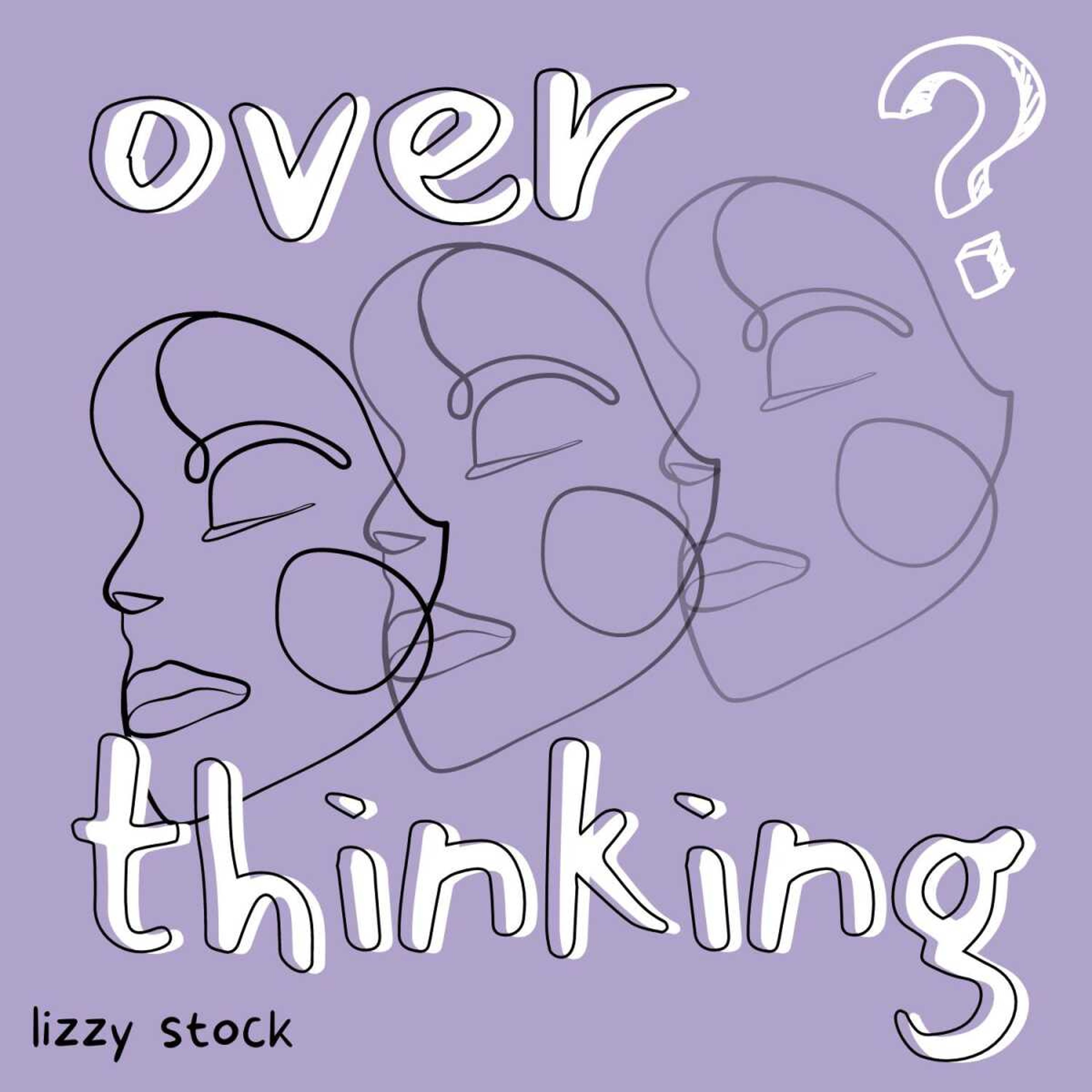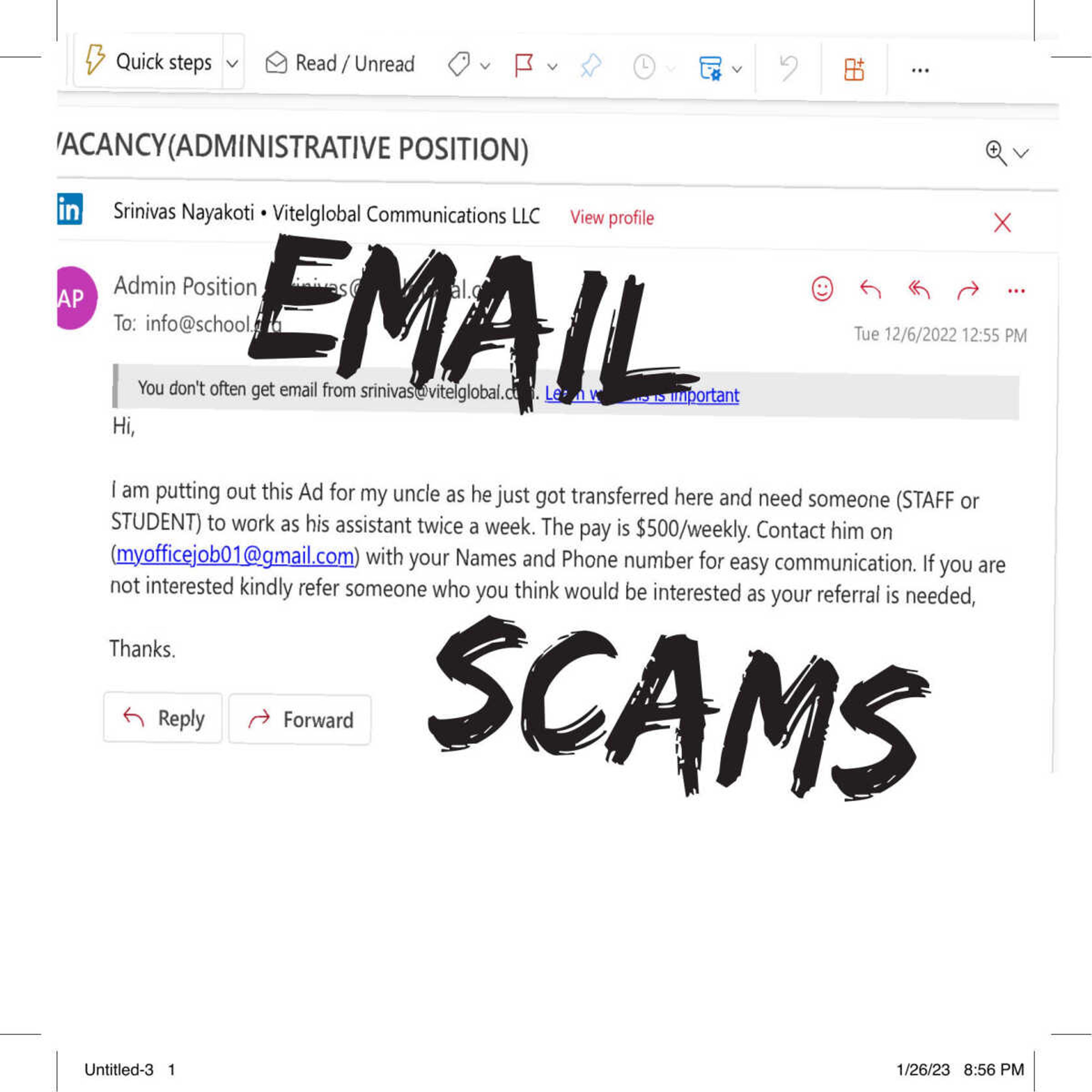In the documentary “The Corporation,” Interface CEO Ray Anderson said, “Our civilization is not flying because it’s not built according to the laws of aerodynamics for civilizations that would fly. And of course, the ground is still a long way away, but some people have seen that ground rushing up sooner than the rest of us.”
I know this is pretty cliche to say at this point, but these past few years have been hard. Really hard.
I, for one, never expected to graduate high school in my driveway.

So if finding a “new normal” in the midst of a pandemic with no end in sight isn’t enough stress to keep you up at night, climate change might be a good addition to your list of things to be existentially anxious about.
At this point, the effects of climate change are growing more and more noticeable. Sea levels are on the rise, amounts of national disasters and higher temperatures are increasing — according to experts, 7 of the 10 warmest years on record have occurred since 2014, and that trend is very likely to continue.
But, consider. There’s a saying I’ve known since I was young that goes, “Does worry add anything to your life? Can it add one more year, or even one day?”
This train of thought really hit me a few months ago. I was sitting in bed and overthinking, as I often do, when I realized: This is getting me absolutely nowhere. I’m not solving a problem or improving my life; I’m just making myself miserable.
And take it from me, a very anxious person: I know it’s a lot harder said than done, especially to just stop worrying about something big and looming and pretty much unavoidable. But I think it’s worth at least considering: What would it look like to sit with the anxiety and uncertainty, and perhaps, try to make peace with it?
And I know, it doesn’t seem … ideal, if you will, to just sit here and watch the world burn. (Metaphorically. Or maybe not so much.) Not to be cynical, but as long as profit is the driving motivator for businesses, care for the earth will be put on the back burner. This is a process that lies mostly in the hands of billion-dollar corporations and nations working out climate agreements.
Yes, there are things you can do on a micro level, but-- it’s really not up to you.
I think that realizing the finite nature of something can bring a unique joy and appreciation of it. What if you let your powerlessness, frustration and even grief be a motivator to fully appreciate the beauty and complexity of the earth?
Go on a walk at night and look at the trees and the moon. Listen to the crickets. Sit outside in the rain and notice how it smells. Visit a local hiking trail and pay attention to the patterns of the leaves and the mushrooms growing on the trees, think about the ecosystem of the soil and the insects and the animals.
It can be really hard to feel normal when the future is so unsure. But in the words of my favorite content creator, CJ the X, “life is biracial and nonbinary.” It’s possible to be deeply troubled that we aren’t placing a higher priority on taking care of ourselves and our planet, and at the same time, find joy and life and happiness in what we do have right now.
So … what’s the solution to climate change? If I had to give you a straight answer, it would be something along the lines of countries working together to prioritize policies and legislation, incentivizing reducing carbon dioxide and other harmful emissions, then creating more sustainable energy sources. But does knowing that really change anything? I think a more significant question is not, ‘What is the solution to climate change?,’ but if there isn’t a clear solution — if it’s out of our hands — what, then?
---
Hello, friends! You might have noticed that there was no column last week. I’ve decided to make this a bi-monthly publication: in order to put out the best product I can, I need space to think, reflect, write and revise. So keep looking out for Ask me Anything, once every two weeks!







